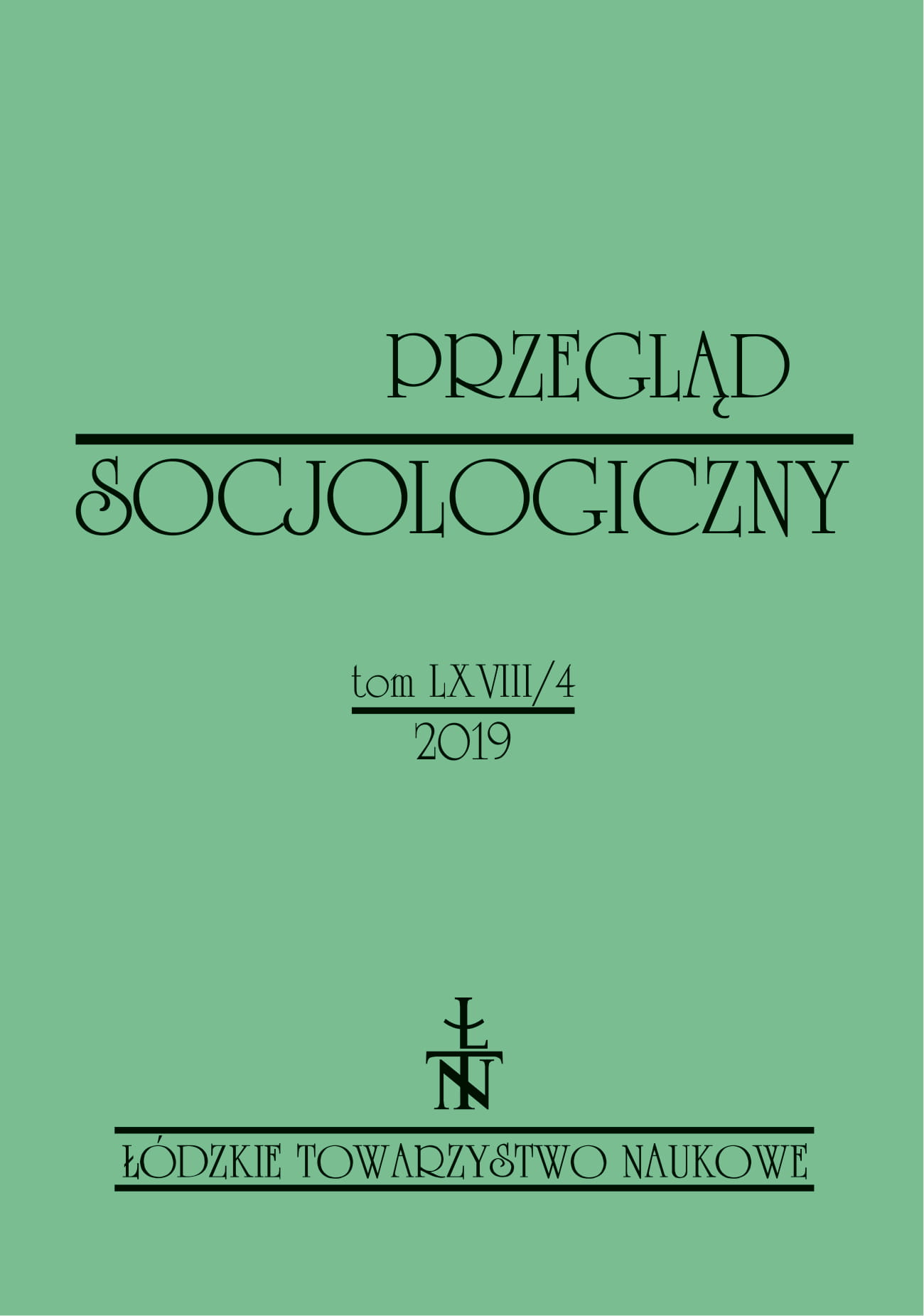The Polish Peasant in Europe and America and the missing ethnic leaders
DOI:
https://doi.org/10.26485/PS/2019/68.4/1Keywords:
migration flows, class structure, peasants, leadership, migrant communities, institutional completenessAbstract
Thomas and Znaniecki became interested in the international migration issues nearly at the same time, at the beginning of the 20th century. Since they met, they concentrated, for about a decade, on the emigration from Polish lands to Western Europe and the US of a particular social class – the peasants. Znaniecki’s interests in ethnic (including national) matters continued after World War I. Thomas moved into other important sociological and psychological territories which strengthened his theoretical prominence. Only to a limited extent, he continued his theoretical concerns with the “immigrant types.” He published his findings under other names. Therefore, this article concentrates on Znaniecki’s contribution. It seems to be absurd to ask why Thomas and Znaniecki did not research other Polish internationally mobile groups than peasants. However, there seem to be good reasons to ask why the processes of organization of the collectivity of Polish immigrants to America were not theorized deeper in the masterpiece of sociology. In the opinion of the author, if Znaniecki had been more sociologically interested in some topics (like leadership) which later became prominent in his own work, he would look at the social organization more efficiently.



